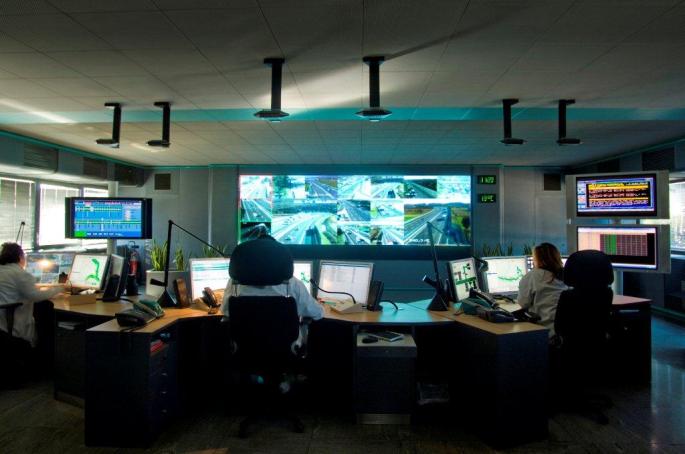Which will be the future for transport? Deloitte Consuting Company published a research report on Transportation and Smart Mobility which provides a framework for predicting the trends that will shape the transport industry.
The 5 key trends identified to the future of transportation are:
User-centered
Mobility services will put travelers in control; public transport will become personal. This changes the approach to operations and planning based on users’ choices and priorities. Staff will adopt ‘digital uniforms’, so that they have the information to support customers.
Integrated and intelligent transport networks
Integrated and intelligent systems will monitor demand, measure performance, respond in real-time to manage capacity and predict and avoid disruption.
Pricing and payments
Digitalization of tickets and payments will transform metro services and allow all rail operators to follow airlines by adopting e-tickets. Beyond contactless payments, pay as you travel will be based simply on location.
Automation and safety
This aspect of transportation will benefit from the exponential potential of cognitive technology, with the potential to save millions of lives worldwide, particularly on the roads.
Public and private innovation
These sectors will work together to meet the mobility challenges of the 21st century – public sector has a critical role to stimulate advances and protect citizens whilst private sector entrants will take advantage of peer-to-peer models, digital and mobile technology, and low costs to scale globally.
Read the full report here

 More than 13,000 people from about 70 countries — including policymakers, administrators, practitioners, and researchers from government, industry, and academia — will gather for the Transportation Research Board (TRB) 96th Annual Meeting.
More than 13,000 people from about 70 countries — including policymakers, administrators, practitioners, and researchers from government, industry, and academia — will gather for the Transportation Research Board (TRB) 96th Annual Meeting.



